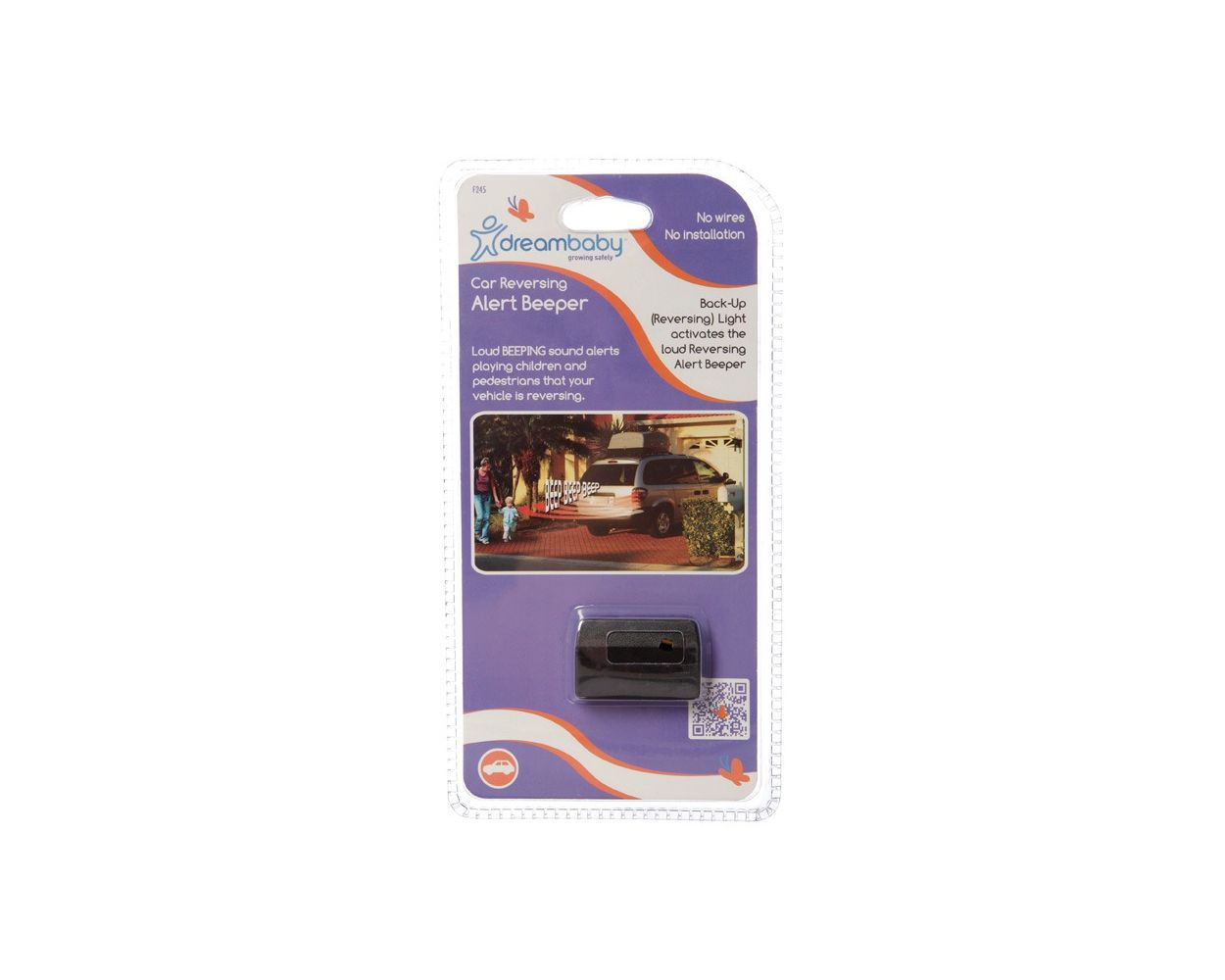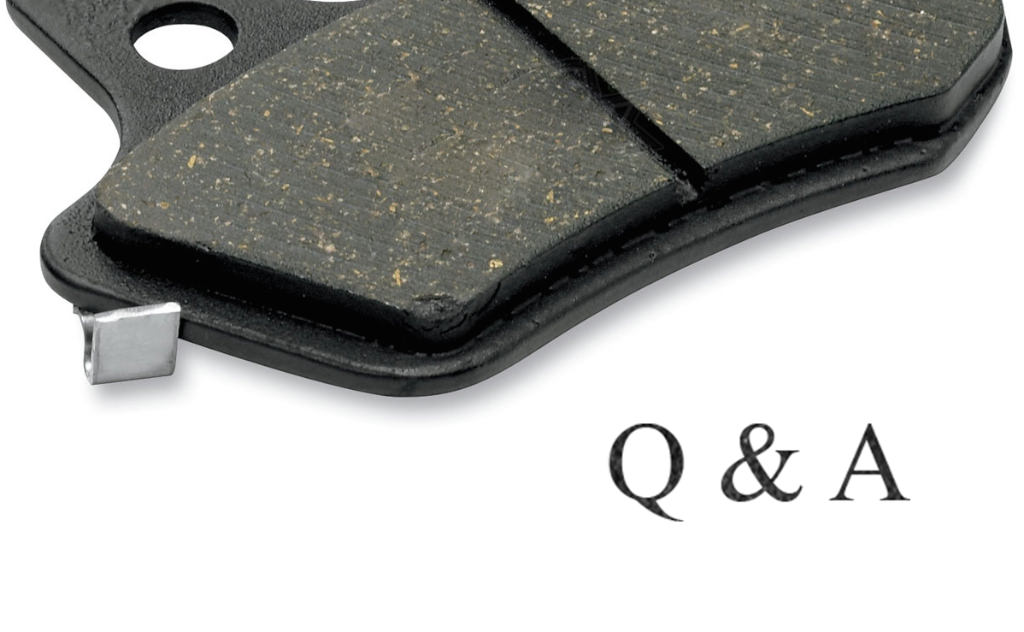If you are hearing a high-pitched squeal when reversing, it could be due to worn-out brake pads or a loose belt in the engine compartment. This issue should be addressed promptly to avoid potential safety hazards and further damage to the vehicle.
A high-pitched squeal when reversing can be concerning, but it’s not uncommon in older vehicles. The sound may be coming from worn-out brake pads or a loose belt in the engine compartment. Addressing this issue promptly can help avoid potential safety hazards and prevent further damage to your vehicle.
We will explore the possible causes of the high-pitched squeal when reversing and provide solutions to resolve this issue effectively.
Common Causes
Common Causes of High Pitched Squeal When Reversing
Worn Brake Pads
Brake pads worn down create squealing sound due to metal contact.
Loose Fan Belt
Fan belt being loose can cause a high-pitched squeal in reverse gear.

Credit: superuser.com
Effects On The Vehicle
When experiencing a high-pitched squeal while reversing, it’s essential to understand the possible effects on the vehicle. These effects can range from reduced braking performance to overheating the engine, impacting the overall safety and functionality of the vehicle.
Reduced Braking Performance
High-pitched squealing when reversing might lead to reduced braking performance due to potential issues with brake pads or rotors.
Overheating Engine
The squealing sound can also result in an overheating engine, as it may signify a problem with the cooling system or engine components, impacting the vehicle’s overall performance.
Potential Damage
The high-pitched squeal you hear when reversing can be more than just an annoying noise. It can actually be a sign of potential damage to your vehicle. Ignoring this noise and continuing to reverse without addressing the issue can lead to more serious problems down the line.
Damaged Brake Rotor
If you notice a high-pitched squeal when reversing, it could be an indication of a damaged brake rotor. The brake rotor is responsible for allowing your vehicle to stop safely and smoothly. Over time, the rotor can become warped or worn, causing it to produce a squealing sound. It’s essential to address this issue promptly to prevent further damage and ensure the safety of yourself and others on the road.
Worn Out Belt
Another potential cause of the high-pitched squeal when reversing is a worn-out belt. Your vehicle has several belts that play crucial roles in powering various components, such as the alternator, power steering pump, and air conditioning. If one of these belts becomes worn or damaged, it can produce a high-pitched squeal when put under strain, such as during reversing. It’s important to have the belt inspected and replaced if necessary to prevent it from breaking entirely, leading to a loss of power and potential damage to other components.
Diagnostic Steps
When experiencing a high-pitched squeal while reversing, it’s essential to conduct thorough diagnostic steps to pinpoint the exact cause. By following a systematic approach, you can avoid potential safety hazards and costly repairs. Below, we outline key diagnostic steps to help determine the root of the issue.
Inspect Brake Pads
If the high-pitched squeal is heard primarily while reversing, it is crucial to inspect the brake pads. Worn-out brake pads can lead to friction and produce these unwanted noises. Utilize the following steps to inspect the state of your brake pads:
- Remove the tires to access the brake pads
- Check for wear and tear, including thickness and any visible damage
- Look for signs of metal-to-metal contact between the pads and rotors
Check Fan Belt Tension
To rule out potential issues with the fan belt, it’s important to verify its tension. Any slack or excessive tightness in the fan belt can result in abnormal sounds, including high-pitched squeals. The following steps can help in checking the fan belt tension:
- Locate the fan belt within the engine compartment
- Apply pressure to gauge the tension of the belt
- Ensure the belt has the appropriate amount of deflection
By meticulously examining these components, you can determine the source of the high-pitched squeal when reversing and take appropriate actions to address the issue effectively.
Preventive Measures
Regular maintenance and simple checks can help prevent a high pitched squeal when reversing. By taking these preventive measures, you can ensure that your vehicle’s brake system and fan belt are in good condition, reducing the occurrence of this noise.
Regular Brake Maintenance
Regular brake maintenance is crucial for preventing the high pitched squeal while reversing. The brake pads and rotors should be inspected and replaced if worn out to maintain optimal performance. Additionally, keeping the brake system clean and free from debris can help prevent unwanted noises.
Tighten Fan Belt
Tightening the fan belt can help prevent the high pitched squeal. A loose fan belt can cause friction and produce the noise. Ensuring the fan belt is properly tensioned as per the manufacturer’s specifications can eliminate this issue.

Credit: www.tee-zedshop.com

Credit: parksidemotors.ca
Frequently Asked Questions On High Pitched Squeal When Reversing
What Causes The High-pitched Squeal When Reversing?
When you hear a high-pitched squeal while reversing, it usually indicates a problem with the brakes. This could be due to worn-out brake pads, a damaged rotor, or issues with the brake caliper. It’s essential to have the brakes inspected and repaired to ensure safe driving.
Conclusion
A high-pitched squeal when reversing is not a problem to be ignored. It can be indicative of various underlying issues with your vehicle. To address this, it is crucial to identify the source of the noise and seek professional help if needed.
Taking prompt action will prevent potential damage and ensure a smoother driving experience. Remember, safety should always be our top priority on the road.
